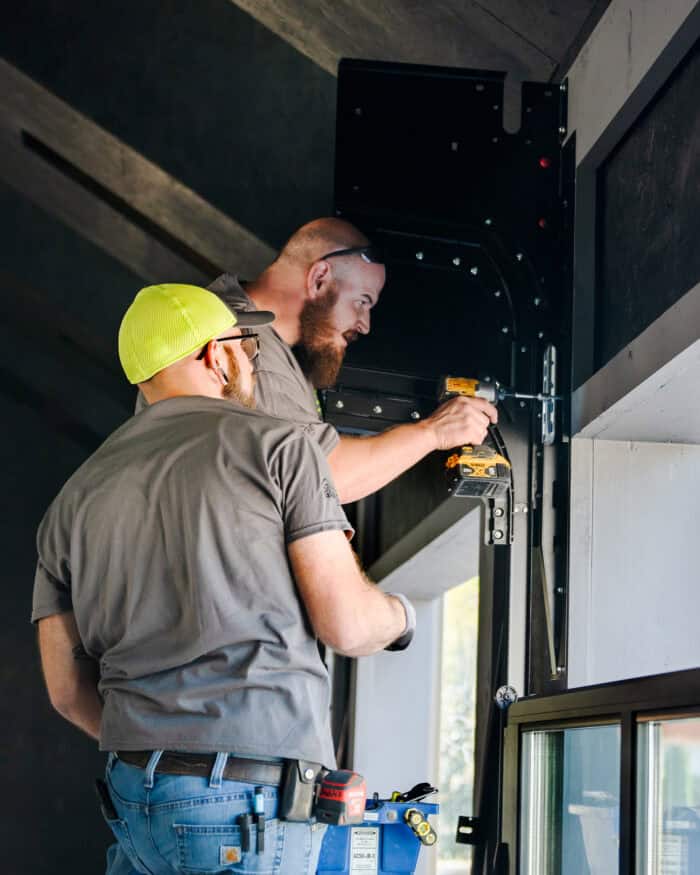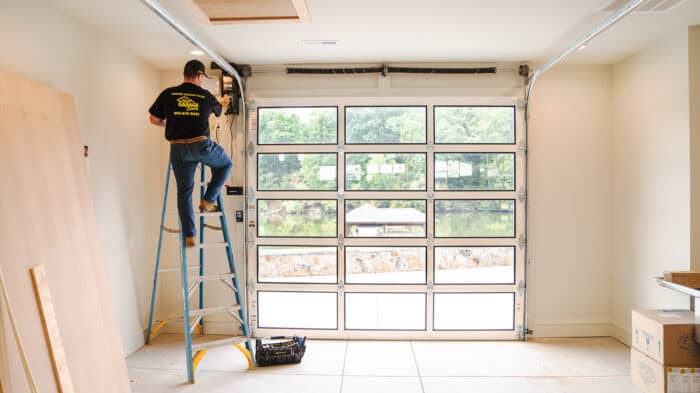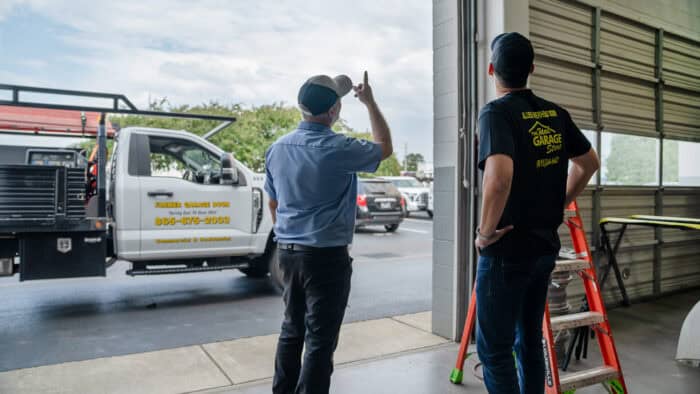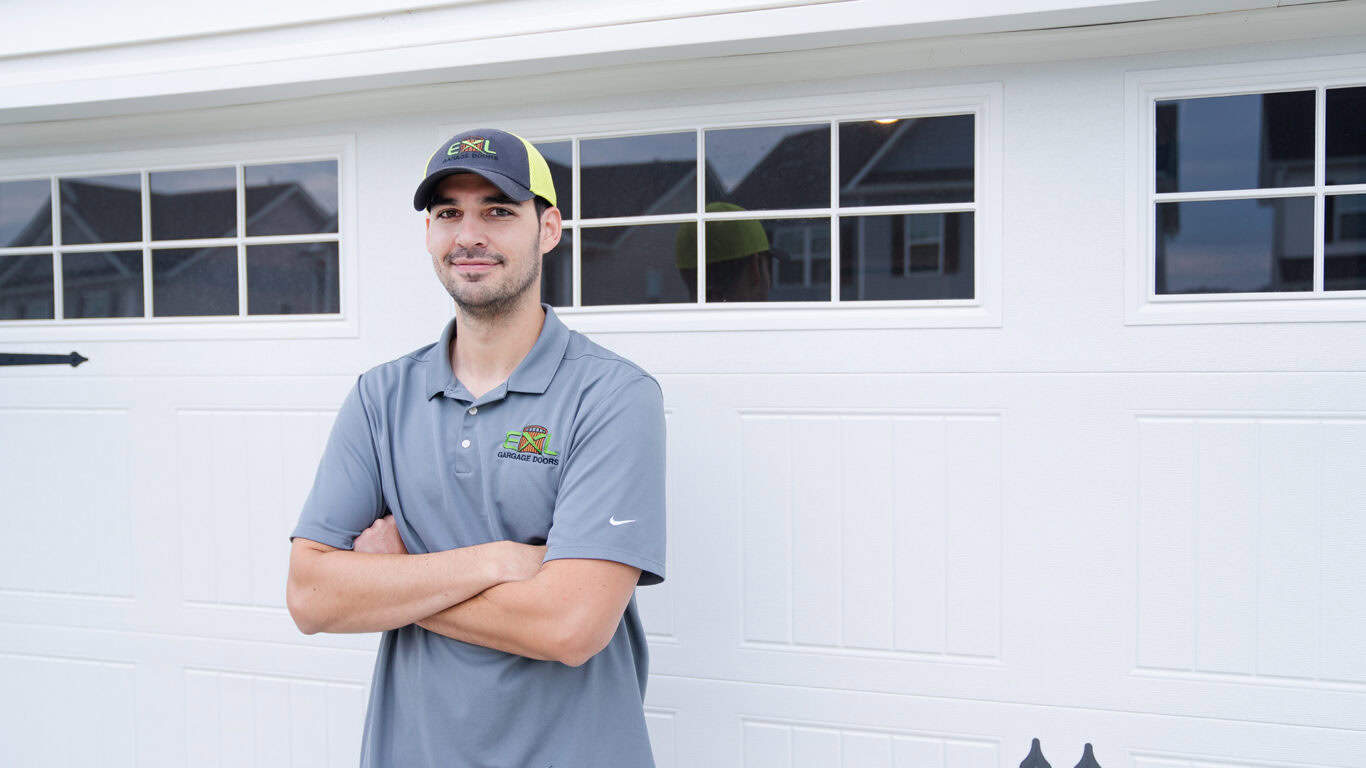Reliable Experts for Commercial and Residential Garage Door Sales, Repairs, and Replacements
Working with EXL Garage Doors
Benefits
With EXL Garage Doors, you get more than just a product; you get exceptional service, quality you can trust, and a team that puts your needs first.
Locally Owned & Operated
- Personalized Service: Tailored garage door solutions for our local community.
- Community Commitment: Proudly serving and supporting our neighbors.
- Quick Response: Fast, reliable service when you need it most.
Experienced Technicians
- Expert Guidance: Knowledgeable staff to help from selection to installation.
- Quality Workmanship: Skilled professionals ensuring top-tier repairs and service.
- Ongoing Training: Our technicians stay up-to-date with the latest innovations and techniques.
Trusted Industry Experience
- Proven Track Record: Delivering reliable garage door solutions you can count on.
- In-Depth Knowledge: Experience handling projects of all sizes.
- Long-Standing Expertise: Your trusted partner for quality and reliability.
Our Garage Door Solutions
At EXL Garage Doors, we provide everything you need — from garage door sales and expert installation to timely repairs and maintenance. Whether it's for your home or business, we offer tailored solutions and a wide selection of high-quality doors and accessories to meet your needs.
Service & Replacement
Expert maintenance and replacement solutions to keep your garage door running smoothly.
Learn more
Residential Garage Doors
High-quality garage doors and professional installation for your home.
Learn more
Commercial Garage Doors
Durable, high-quality doors and expert installation tailored to meet the demands of your business.
Learn more
Testimonials
Why Customers Love EXL Garage Doors
We’re honored to have earned the trust of homeowners and businesses alike. Read what others have to say about working with us.
Great assistance from all in my diy repair of my door!
I bought helper springs for my garage door. Great assistance from all in my diy repair of my door.
I would recommend this company to anyone who needs garage doors!
Absolutely love our new Clopay garage doors, purchased from Home Depot! Josh and Chase, the EXL installers whom HD uses, were a great team! I would recommend this company to anyone who needs garage doors!
Office staff were polite and helpful!
We had one of the coil springs break on our garage door over the weekend. They came out today, Monday, and had it repaired by mid day. Office staff were polite and helpful. Steve was the installer and called/texted prior to arrival and was professional while here.
Schedule Your Free Quote
Whether you need residential or commercial garage door solutions, we’re here to help! From new construction to replacements and servicing for your existing doors and openers, you can count on us for quality products and exceptional service. Reach out today for a free quote!

Your Garage Deserves the Best
From top-tier products to expert service, we provide garage door solutions that are built to last. Let us help you find the perfect door for your home or business.
Quality Service, Trusted Results
Reliable. Fast. Professional. Discover why homeowners and businesses trust us for all their garage door needs. Reach out and experience the difference.
Don’t Settle for Less
Get garage doors that combine durability, style, and performance. Contact us now to get a quote and take the first step toward a better garage door solution.